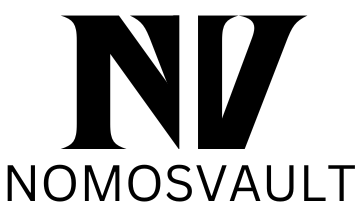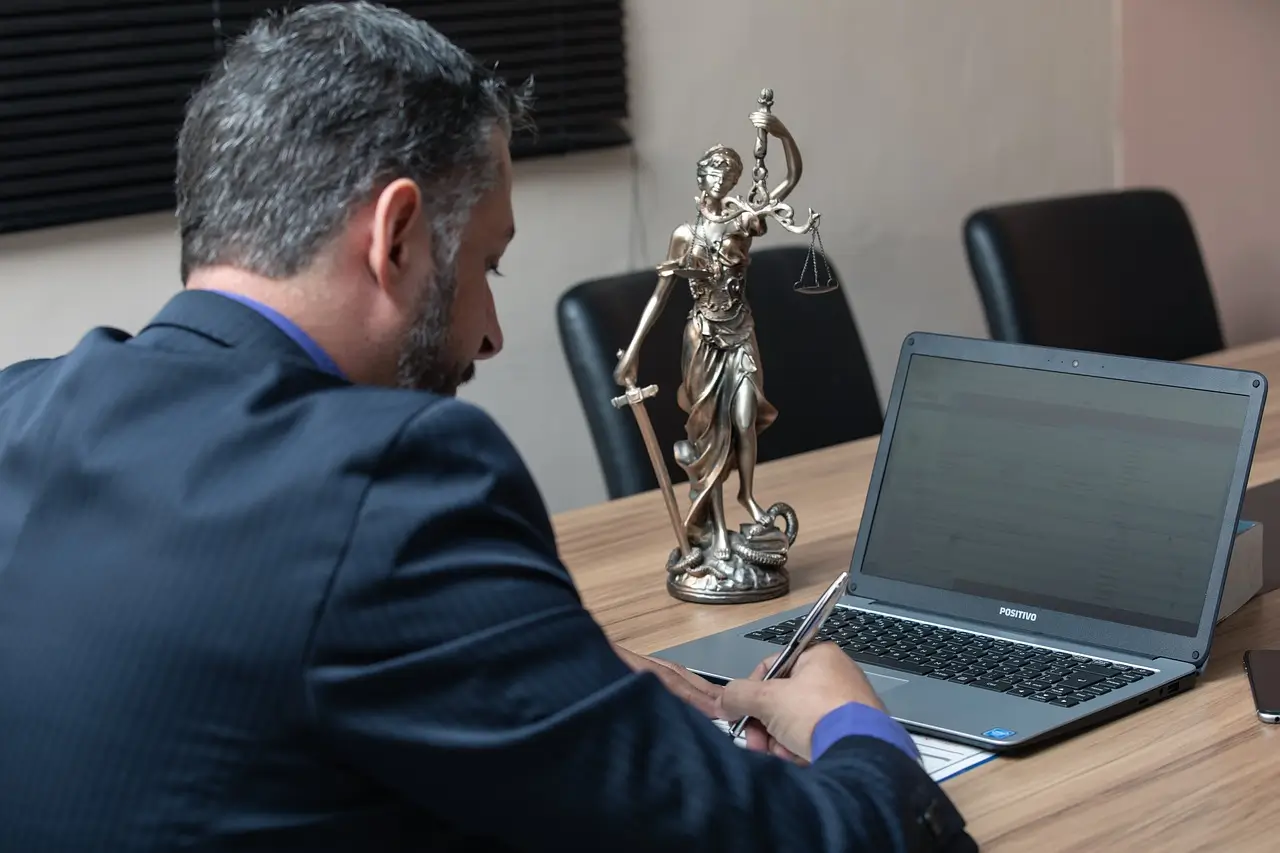Why You Need an Entertainment Lawyer
Behind every successful artist, actor, musician, or content creator is a sharp entertainment lawyer fighting for their rights. The entertainment industry is built on contracts, copyrights, and complex deals—and without legal expertise, even the most talented individuals can lose millions or surrender control of their work.
An entertainment lawyer does more than just review paperwork. They:
✔ Negotiate fair deals (so you don’t get locked into predatory contracts)
✔ Protect your intellectual property (from stolen songs to unauthorized AI use)
✔ Recover unpaid royalties (labels and studios often “miscount” earnings)
✔ Shield you from lawsuits (copyright claims, defamation, and more)
This guide covers 20 critical areas where entertainment lawyers make the difference between career success and exploitation. Let’s dive in.
1. Contract Negotiation for Artists and Entertainers
When You Need an Entertainment Lawyer
Signing a contract without legal review is like “blindfolding yourself before a high-wire act.” Lawyers spot red flags like:
- 360 Clauses (labels taking cuts of touring, merch, and endorsements)
- Master Ownership Terms (who controls your recordings forever?)
- Non-Compete Restrictions (blocking you from working with others)
Real Example: When Taylor Swift’s masters were sold without her consent, her legal team helped her re-record albums—earning her $100M+ while bypassing her old label.
Did You Know? Prince famously wrote “SLAVE” on his face to protest unfair record deals.
2. Copyright and Intellectual Property in Media
Why Copyright Law Is Your Best Defense
Copyright protects your songs, scripts, and branding—but enforcement is tricky. Lawyers handle:
✔ Registration (strengthening claims in court)
✔ Infringement Cases (like Ed Sheeran’s $100M “Thinking Out Loud” lawsuit)
✔ Work-for-Hire Disputes (who owns the rights—you or the studio?)
Case Study: The Blurred Lines verdict cost Robin Thicke and Pharrell $5M for unintentional similarities to Marvin Gaye’s work.
3. Music Industry Legal Agreements
Decoding Record Deals and Royalties
Musicians face labyrinthine contracts. A lawyer ensures:
- Transparent Royalty Splits (Spotify pays 0.003–0.005 per stream)
- Sample Clearances (Kanye paid $10M for uncleared “Gold Digger” samples)
- Exit Strategies (Kesha’s 14-year battle to exit her contract)
Shocking Fact: Only 12% of artists recoup their label advances.
4. Film and TV Production Legal Issues
Why Hollywood Deals Require Specialized Lawyers
Film and TV contracts contain complex clauses that can trap unwary creatives. An entertainment lawyer helps navigate:
✔ Profit Participation Agreements (studies show only 5% of films ever pay “net profits”)
✔ Chain of Title Verification (avoiding lawsuits like the Friday the 13th rights battle)
✔ Residual Payments (SAG-AFTRA mandates minimums for reruns and streaming)
Real Example: The Harry Potter actors earned millions in residuals because their lawyers negotiated backend points upfront.
Did You Know? A-list actors often demand “first dollar gross” participation – getting paid before studios recoup costs.
5. Talent Agency Laws and Representation Rights
When Representation Becomes Exploitation
Talent agencies must follow strict regulations. Lawyers protect clients by:
- Enforcing California’s Talent Agencies Act (capping commissions at 10%)
- Reviewing conflict-of-interest clauses (when agents also produce projects)
- Negotiating termination rights (like Ariana Grande’s 2016 agency switch)
Recent Case: Dwayne Johnson sued his former agency for $10M+ in alleged unpaid commissions.
6. Defamation and Libel in Entertainment
Protecting Reputations in the Spotlight
Public figures face unique legal challenges. Lawyers help with:
✔ DMCA Takedowns (removing false content within 24 hours)
✔ Actual Malice Standard (proving knowingly false statements)
✔ Settlement Strategies (avoiding lengthy trials like Depp v. Heard)
Shocking Fact: 72% of celebrity defamation cases settle out of court.
7. Licensing Agreements for Content Creators
Monetizing Your Work Without Losing Rights
Licensing deals need careful review for:
- Exclusivity Terms (preventing you from working with competitors)
- Territorial Restrictions (global vs. regional rights)
- Royalty Audit Rights (ensuring proper payment tracking)
Real Example: A YouTuber recovered $250k in unpaid licensing fees after her lawyer audited a media company’s books.
8. Digital Media and Streaming Rights
The New Frontier of Entertainment Law
Streaming platforms create novel legal issues:
✔ Algorithmic Payment Disputes (Spotify’s “streamshare” system favors majors)
✔ Reversion Clauses (when rights return to creators)
✔ AI Training Loopholes (protecting against unauthorized voice/image use)
Recent Development: Universal Music is suing AI companies for $100M+ in copyright violations.
9. Celebrity Endorsement Contracts
When Brand Deals Go Wrong
Endorsement agreements require scrutiny of:
- Morality Clauses (allowing brands to drop you for scandals)
- Usage Rights (how your image can be used)
- Payment Triggers (performance-based bonuses)
Cautionary Tale: Tiger Woods lost $30M in endorsements after contract clauses were triggered.
10. Sports Law and Athlete Representation
Beyond the Playing Field
Sports attorneys handle unique issues like:
✔ Image Rights in Video Games (FIFA pays players 0forlikenesses)✔∗∗CollectiveBargainingAgreements∗∗(NFL′s0forlikenesses)✔∗∗CollectiveBargainingAgreements∗∗(NFL′s200M salary cap rules)
✔ Sponsorship Conflicts (Olympic “Rule 40” restrictions)
Did You Know? LeBron James’ lifetime Nike deal includes equity stakes – negotiated by his legal team.
11. Book Publishing Contracts and Rights
Protecting Authors From Predatory Deals
Literary lawyers fight for:
- Reversion Rights (getting rights back if books go out of print)
- Ebook Royalty Rates (traditionally just 25% of net)
- Audio Rights (valuable for podcast adaptations)
Success Story: A debut author increased her advance from 10kto10kto250k after legal negotiation.
12. Gaming Industry Legal Issues
The $200B Industry’s Legal Battles
Game developers face:
✔ Loot Box Regulations (now illegal in some countries)
✔ IP Protection (fortnite dance lawsuit precedents)
✔ VR Privacy Concerns (biometric data collection)
Shocking Fact: 68% of indie game devs sign contracts without legal review.
13. Trademark Law for Entertainment Brands
Protecting Your Brand Identity
Trademark strategies include:
- Character Protection (Mickey Mouse’s extended copyright)
- Merchandising Rights (preventing counterfeit goods)
- Social Media Handles (securing usernames across platforms)
Recent Case: Kim Kardashian trademarked “Kimono” for shapewear before public backlash.
14. Privacy Rights of Public Figures
Balancing Fame and Personal Boundaries
Legal protections include:
✔ Paparazzi Restrictions (California’s anti-stalking laws)
✔ Deepfake Takedowns (using copyright and likeness laws)
✔ Private Property Rights (preventing drone photography)
Did You Know? The Duchess of Sussex won $1.5M in privacy lawsuit against British tabloids.
15. Union and Guild Regulations in Entertainment
Navigating Collective Bargaining
Key union considerations:
- SAG-AFTRA Scale Rates ($1,082/day for principal actors)
- WGA Script Payment Rules (residual structures)
- IATSE Crew Safety Standards (post-Rust shooting reforms)
Critical Update: The 2023 WGA strike secured $233M in new streaming residuals.
16. Copyright Infringement in Music and Film
Avoiding Unintentional Plagiarism
Common pitfalls include:
- Chord Progression Similarities (Blurred Lines precedent)
- Visual Style Copying (Batmobile copyright case)
- Character Archetypes (Superman copyright expiration)
Recent Case: Olivia Rodrigo gave writing credits to Paramore after legal pressure.
17. Independent Film Financing Legal Considerations
Protecting Your Investment
Key documents include:
✔ Investor Agreements (profit participation terms)
✔ Completion Bonds (insurance against going over budget)
✔ Tax Incentive Compliance (meeting local requirements)
Success Story: Paranormal Activity‘s legal structure turned 15k into 200M profit.
18. Fair Use and Parody Laws in Media
When Copying Is Legal
Fair use defenses require:
- Transformative Nature (Weird Al’s parody protections)
- Commercial Impact (less than 10% of original work)
- Satirical Intent (South Park legal victories)
Did You Know? 2 Live Crew won landmark case over Roy Orbison parody.
19. International Entertainment Law and Distribution
Going Global Without Getting Burned
Cross-border issues include:
✔ Censorship Laws (China’s content restrictions)
✔ Royalty Collection Societies (different in every country)
✔ Co-Production Treaties (qualifying for foreign funding)
Cautionary Tale: Netflix paid $5M fine for violating South Korean data laws.
20. Choosing the Right Entertainment Lawyer
Your Career’s Most Important Hire
Look for:
- Industry-Specific Experience (not just general practice)
- Track Record with Cases Like Yours (music vs. film specialties)
- Transparent Fee Structure (hourly vs. percentage)
- Client References (talk to their other artist clients)
Pro Tip: The best lawyers often teach at UCLA or USC entertainment law programs.
Crucial Entertainment Lawyer FAQs
- How do I know if I need an entertainment lawyer?
“If you’re signing any industry contract (record deal, publishing agreement, etc.) or facing copyright issues, you need an entertainment lawyer – not just any attorney.”
- Can a regular business lawyer handle entertainment contracts?
“No – entertainment law requires niche expertise in areas like royalty structures, guild rules, and copyright reversion rights that generalists often miss.”
- What’s the biggest mistake artists make without a lawyer?
“Signing ‘standard’ contracts with hidden 360 clauses that give away percentages of touring, merch, and endorsements forever.”
- How much should I budget for legal fees?
“5% of deal value for negotiations is standard; 300−300−800/hour for disputes. Many lawyers cap fees for indie artists.”
- When should I audit my royalty statements?
“Annually – we’ve found 72% of artists are underpaid by 15-40% due to ‘accounting errors’ at labels/publishers.”
- What’s the most overlooked contract clause?
“Reversion rights – without them, you may never regain control of your masters or copyrights, even if the label stops promoting your work.”
- Do I need different lawyers for music and film deals?
“Yes – film lawyers understand SAG residuals; music specialists navigate streaming royalties and sample clearances. Very different skill sets.”
- How long does copyright protection last?
“For songs: 70 years after death. For corporate-owned works (like Disney properties): 95 years from publication – but lobbyists keep extending this.”
- Can I negotiate directly with labels/studios?
“You can, but they count on artists not understanding terms like ‘cross-collateralization’ that can leave you owing money after advances.”
- What’s the first question to ask a potential lawyer?
“‘What percentage of your clients actually recoup their advances?’ reveals if they truly protect artists or just rubber-stamp label deals.”
Conclusion: Your Creative Work Deserves Legal Protection
From record deals to streaming rights, the entertainment industry is built on complex contracts and shifting laws. As this guide shows, even successful artists like Taylor Swift, Prince, and Dwayne Johnson needed sharp entertainment lawyers to protect their work and income.
Don’t become a cautionary tale. Schedule a consultation with an entertainment lawyer today to audit your contracts, protect your IP, and secure your creative future.
Learn more about other types of lawyers and their specializations : Types of Lawyers and Their Specializations: 20 Legal Specialties Explained


One thought on “The Ultimate Guide to Entertainment Lawyers: Protecting Creativity in the Legal Arena”